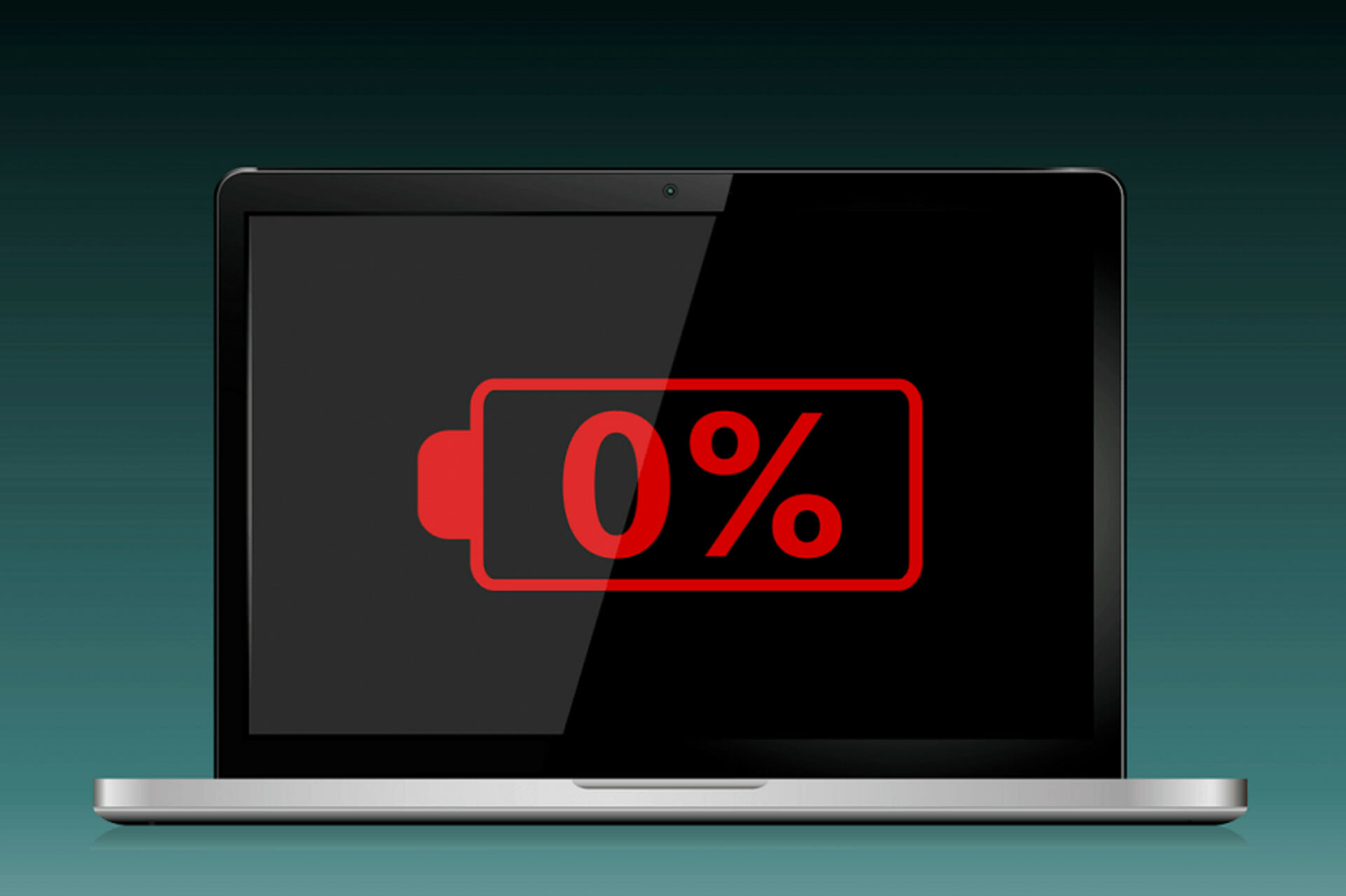

It would be truly impressive if the M1 at that power level was competitive with desktop processors on multi-threaded workloads where they actually use their full TDP, but it isn't even close. > The point everyone conveniently seems to miss is a new SoC for mobile devices running at 10-20 watts shouldn't be in the same universe when it comes to performance with any Ryzen desktop processor-but here we are.ġ0-20 watts is how much desktop processors use for a single thread, so they're not claiming an unfair advantage there. And in the mobile space in particular, there doesn’t seem to be an equivalent in either ST or MT performance – at least within the same power budgets.

The M1 undisputedly outperforms the core performance of everything Intel has to offer, and battles it with AMD’s new Zen3, winning some, losing some. Here's a direct quote from their extensive review of the M1-based Mac mini (.
#Firefox mac battery pro#
The 16-inch MacBook Pro ($2,799.00) comes with a 2.3GHz 8‑core 9th‑generation Intel Core i9 processor, Turbo Boost up to 4.8GHz and for an additional $200, you can get it with a 2.4GHz 8‑core 9th‑generation Intel Core i9 processor, Turbo Boost up to 5.0GHz.Īnd yet the new 13-inch MacBook Pro with it's M1 processor blows them away when it comes to performance. It's disingenuous to state the only reason M1 seems fast is because all Macs are using old, slow processors. The point everyone conveniently seems to miss is a new SoC for mobile devices running at 10-20 watts shouldn't be in the same universe when it comes to performance with any Ryzen desktop processor-but here we are.

As the AnandTech review noted, the M1 bests even the Ryzen on some benchmarks and Ryzen beats it in others. But compared to x86-64 Macs it's not that much slower, because the x86-64 Macs are using old slower Intel CPUs.ĭepends on the app but some of them run faster in Rosetta than they do on comparable PC hardware.Įveryone keeps comparing a SoC designed for low-end (in the Apple lineup/ecosystem) to the Ryzen.


 0 kommentar(er)
0 kommentar(er)
